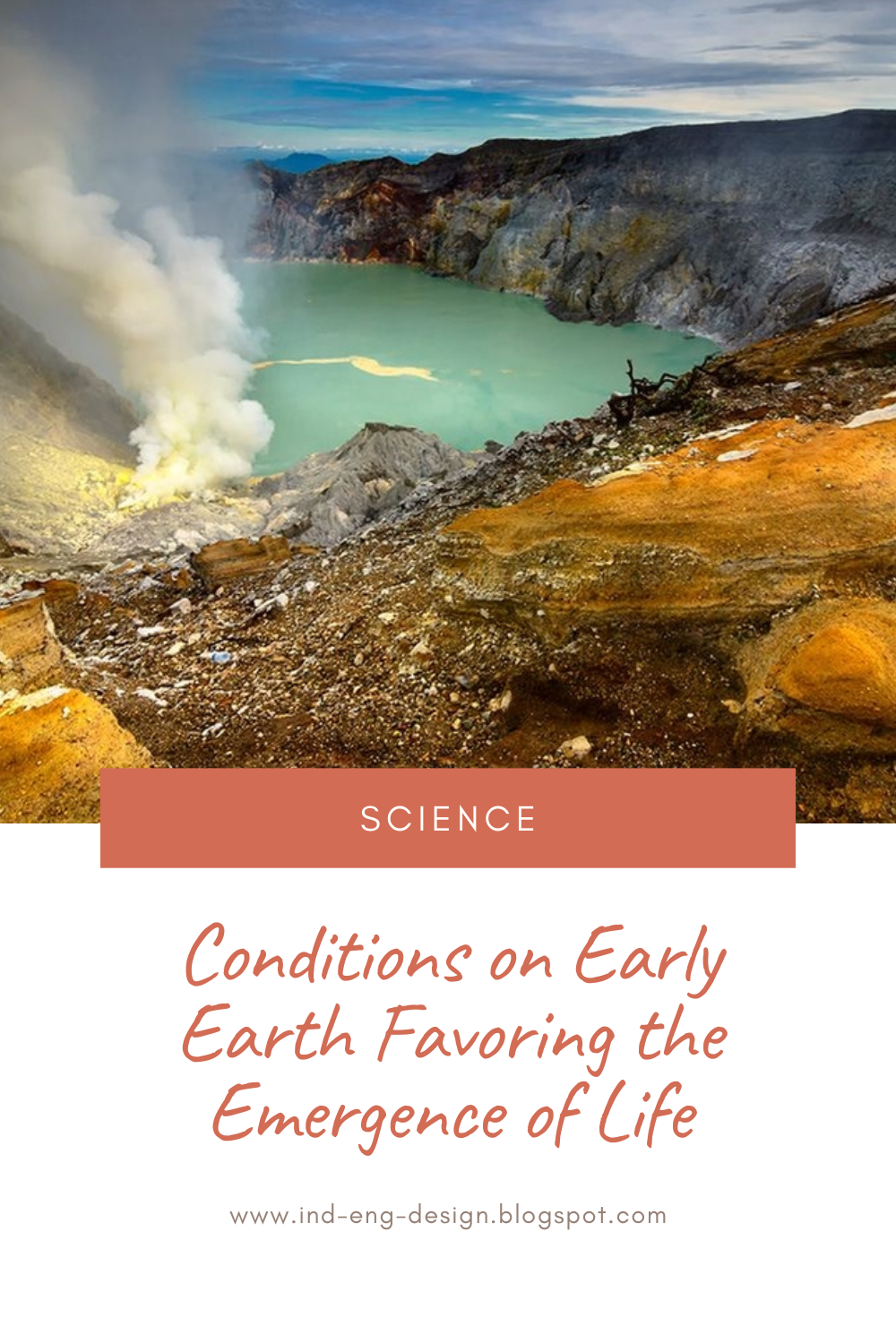Title: Exploring the Primeval Crucible: Conditions on Early Earth Favoring the Emergence of Life
In the quest to understand the origins of life on Earth, scientists have delved deep into the geological and chemical conditions of our planet's infancy. The journey takes us back billions of years when Earth was a vastly different place, yet harboring the fundamental elements necessary for life to emerge. In this exploration, we uncover the conditions on early Earth that provided the fertile ground for the genesis of life as we know it.
Primordial Atmosphere and Oceans
Early Earth possessed an atmosphere vastly different from the one we know today. It was primarily composed of gases such as methane, ammonia, water vapor, and carbon dioxide, devoid of significant levels of free oxygen. These gases were the products of volcanic activity, comet impacts, and outgassing from the planet's interior.
Beneath the dense blanket of gases lay the primordial oceans, vast and turbulent. These oceans were reservoirs of complex organic molecules, formed through the interaction of atmospheric gases with energy sources like ultraviolet radiation, lightning, and volcanic heat. The rich broth of chemicals in these oceans set the stage for the chemistry of life to begin.
Energy Sources
Energy played a crucial role in driving the chemical reactions necessary for the formation of life's building blocks. On early Earth, energy was abundant and varied. Lightning strikes crackled through the atmosphere, providing the intense bursts of energy needed to transform simple molecules into more complex ones.
Volcanic activity, prevalent during this period, released heat and a plethora of chemicals into the environment, further fueling chemical reactions. UV radiation from the sun, unfiltered by an ozone layer, bombarded the planet's surface, energizing molecules and catalyzing reactions that contributed to the synthesis of organic compounds.
The Crucial Role of Water
Water, often referred to as the universal solvent, played a pivotal role in the emergence of life. The oceans of early Earth served as vast chemical reactors, facilitating the concentration and interaction of organic molecules. Moreover, water provided a medium in which complex molecules could form and undergo further reactions, leading to the formation of even more complex structures.
Additionally, water's unique properties, such as its ability to dissolve a wide range of substances and its capacity to moderate temperature fluctuations, created stable environments conducive to the persistence of early life forms.
Conclusion
The conditions on early Earth were ripe for the emergence of life. A primordial atmosphere rich in organic molecules, energetic processes driving chemical reactions, and the presence of vast oceans all contributed to the genesis of life's building blocks. While the exact mechanisms by which life arose remain a subject of intense scientific inquiry, unraveling the mysteries of Earth's distant past brings us closer to understanding our own origins and the potential for life beyond our planet. As we continue to explore the cosmos, the lessons learned from our own planet's history will undoubtedly guide our search for life elsewhere in the universe.









0 Comments